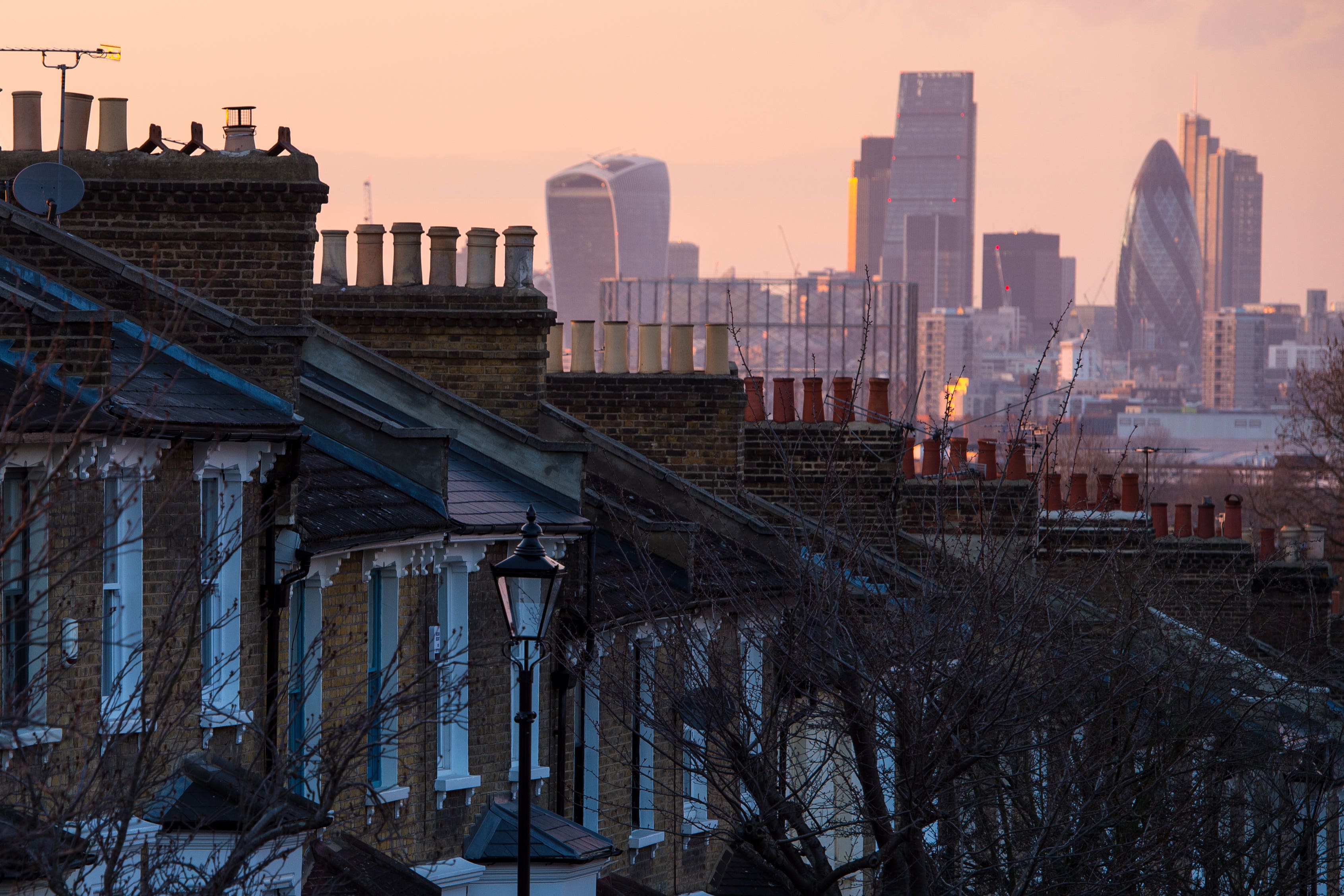Bank of England expected to hold interest rates after jump in inflation
Policymakers are unlikely to give mortgage holders an early Christmas present this year, after inflation rose in October.

Your support helps us to tell the story
From reproductive rights to climate change to Big Tech, The Independent is on the ground when the story is developing. Whether it's investigating the financials of Elon Musk's pro-Trump PAC or producing our latest documentary, 'The A Word', which shines a light on the American women fighting for reproductive rights, we know how important it is to parse out the facts from the messaging.
At such a critical moment in US history, we need reporters on the ground. Your donation allows us to keep sending journalists to speak to both sides of the story.
The Independent is trusted by Americans across the entire political spectrum. And unlike many other quality news outlets, we choose not to lock Americans out of our reporting and analysis with paywalls. We believe quality journalism should be available to everyone, paid for by those who can afford it.
Your support makes all the difference.The Bank of England is expected to hold interest rates at the same level at its next policy decision on Thursday.
Policymakers will announce the result of their next meeting on December 19, where most analysts think they will vote to maintain the UK’s base interest rate at 4.75%.
The base rate influences how much banks charge for loans and mortgages, and it has been kept high in recent years to curb rampant inflation.
Inflation fell back below the Bank’s 2% target earlier this year, prompting the Bank to cut rates in August and November.
But last month, official figures showed it jumped back up to 2.3% in October, its sharpest rise in two years.
The uptick in inflation was widely expected because of rising energy bills, but the increase was still more acute than most people had forecast.
It has dampened the few remaining hopes that policymakers might vote for one more rate cut this year.
Analyst Michael Hewson said the rise was “an uncomfortable reminder that UK inflation always tends to be stickier than many would like”.
The Bank is also likely to be cautious after Labour increased taxes on business at its October Budget.
Chancellor Rachel Reeves increased the amount businesses have to pay on national insurance contributions (NICs) in the spending statement.
The tax rises are designed to pay for more Government spending on improving services like public transport and the NHS, but some experts have warned they could be inflationary.
Andrew Bailey, the Bank’s governor, said at the start of December that it is not yet clear what effect the NICs increase will have on the economy, but that it is the “biggest issue” after the Budget.
Mr Bailey has consistently said the Bank will take a steady approach to reducing interest rates at previous meetings.
One complicating factor for policymakers is that gross domestic product (GDP), the main measure of economic growth, fell slightly in October.
Higher interest rates tend to hamper GDP, meaning the contraction could make some of the Bank’s nine members of the Monetary Policy Committee more inclined to vote for a rate cut in December.
But economists have said the contraction in October GDP was down to people taking a wait-and-see approach ahead of the Budget policy decisions at the end of that month, and that growth would pick up again.
Thomas Pugh, an economist at the consultancy RSM, said it is unlikely the committee will make any change to its gradual approach.
“Ultimately, that means mortgage holders won’t be getting an early Christmas present from the BoE this year,” he said.
“We expect four cuts in 2025, meaning rates will finish the year at around 3.75%, but the risks are weighted towards fewer rate cuts.”